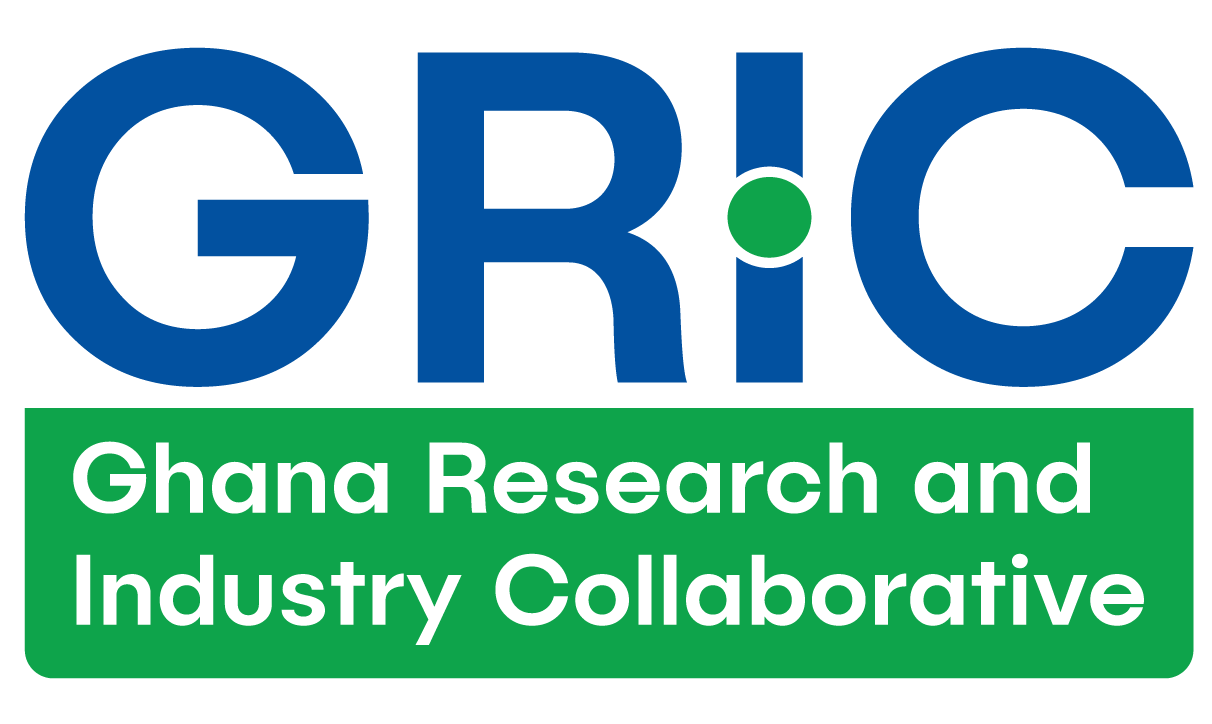Comparison of performance of three different seeding sludge under three different hyper-thermophilic temperatures
Authors: Isaac Mbir Bryant; Marko Burkhardt; Marion Martienssen
Abstract:
This study compared how well three different types of waste (sludge) produce methane gas at three very high temperatures (60°C, 65°C, and 70°C). We also looked at their performance at lower temperatures (37°C and 55°C). Using German guidelines, we measured the daily amount of methane produced. We found that cow manure at 65°C was the best, giving the most methane and breaking down waste the most effectively. On the other hand, the performance was the worst at 70°C for a different type of sludge. For large-scale waste processing systems, cow manure at 65°C is recommended.
Gap addressed:
This research addresses the challenge of making waste digestion more efficient at very high temperatures. It is important for boosting biogas production and improving waste treatment in areas like farming, sewage treatment, and renewable energy.
Sector/Industry focus:
Stakeholders in agricultural, waste management, and renewable energy sectors stand to benefit from the findings of this study, particularly those involved in the operation and optimization of anaerobic digestion facilities.
Potential uptake or practical application:
Using cow manure at 65°C for high-temperature digestion can boost methane production and break down waste more effectively in big waste treatment systems. This method can increase biogas output, cut down on organic waste, and help create cleaner energy and better waste management practices.
Key recommendations:
Use cow manure at 65°C for the best methane production 65. Avoid using the least performing sludge type at 70°C. Apply these findings to set up large-scale waste processing systems for optimal methane yield. Furthermore, ongoing research and development efforts should focus on refining process parameters and optimizing system performance to ensure consistent and reliable operation of hyper-thermophilic anaerobic digestion technologies on a commercial scale. Collaboration between researchers, industry experts, and policymakers is essential to facilitate knowledge transfer and promote the widespread adoption of advanced anaerobic digestion practices.
